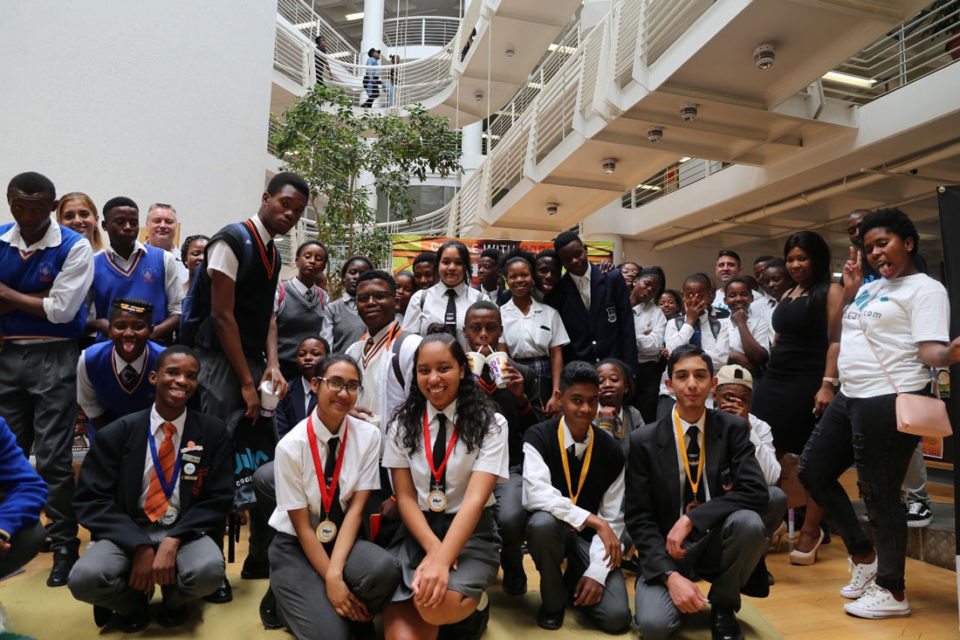As more layers of our world are being built on technology, digital skills become fundamental in the job market. In the next 10 years, there will be an estimated 1.4 million jobs in computer science globally. In the Middle East and Africa (MEA) region, though, most underserved young people lack access to computer science education (CSE) and the resources that would empower them to participate in the digital economy.
According to Ghada Khalifa, Regional Director: Philanthropies at Microsoft Middle East and Africa, the digital economy provides enormous opportunities for people with digital skills, including coding and STEM knowledge, to get good-paying employment offers or start innovative business ventures. “We are approaching an era of unprecedented social and economic transformation with vast opportunities. But these opportunities are out of reach of many people in the region, especially those who lack computer science skills and reside in underserved and underrepresented communities’’ she says.
To provide youth in the region with the knowledge and skills needed to tackle the jobs of the future and be an active participant in the digital economy, Microsoft collaborated with Code.Org, local governments and non-profits to present its Change in the Making campaign.
The campaign, which kicked off in November and ran through the month of December 2018, where we collaborated with our partners to organise 61,000 workshops and events across 30,000 schools, upskilling 13,000 teachers and trainers with digital skills and providing over 3 million online and offline training for youth on Minecraft. The campaign ran across 360 cities in 10 countries in MEA, including South Africa, Nigeria, Egypt, Senegal, Morocco, Tunisia, Saudi Arabia amongst others.
In South Africa, Microsoft partnered with the Mpumalanga ICT Club, Telkom, Vodacom Foundation, GoDigital SA and local non-profit digital skills partners to run the campaign in 18 cities, 250 community centres, 29 schools including Skype-a-thons, and Skype in Classroom activities. An awareness campaign with Code4Change was also held, inviting one million youth to practice coding on various media channels along with roadshows, mall activations and hackathons.
In Nigeria, we organised Hour of Code hands-on workshops upskilling 1050+ youth in partnership with AFDB and local non-profit digital skills partners. Workshops were held for youth and teachers across multiple schools and community centres in the country.
In Egypt, we organised the “CS Education: The Way Forward” workshop with the active participation of the United Nations Development Programme, the Egyptian Ministry of Communications and Information Technology, SEED initiative, educators, non-profit organisations and local technology companies. The conference discussed how to advance computer science education in Egypt, the current skills gap challenges and opportunities therein as well as an interactive discussion on the existing and new community solutions that can be implemented to make computer science accessible to underserved youth at an early age.
In Saudi Arabia, a popular gamer, who has over 1.3 million followers on YouTube, live-streamed himself as he completed the Hour of Code Tutorial and taught kids how to do it with him. This greatly encouraged Saudi youth to participate in the Hour of Code. We also partnered with the Saudi Arabian Ministry of Education to drive a nationwide CSE campaign. This resulted in the upskilling of over 1.6 million youth in two months.
The reception of computer science education through the Hour of Code initiatives in MEA is indicative of the desire of young people, who are hitherto underserved and underrepresented, to equip themselves with skills for the future and cause a change in their communities.





